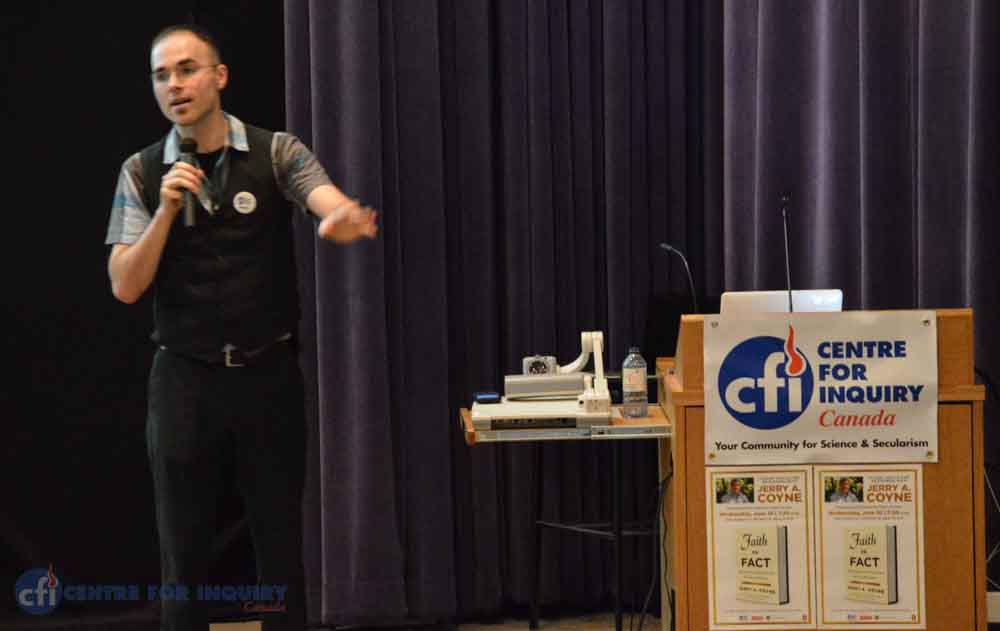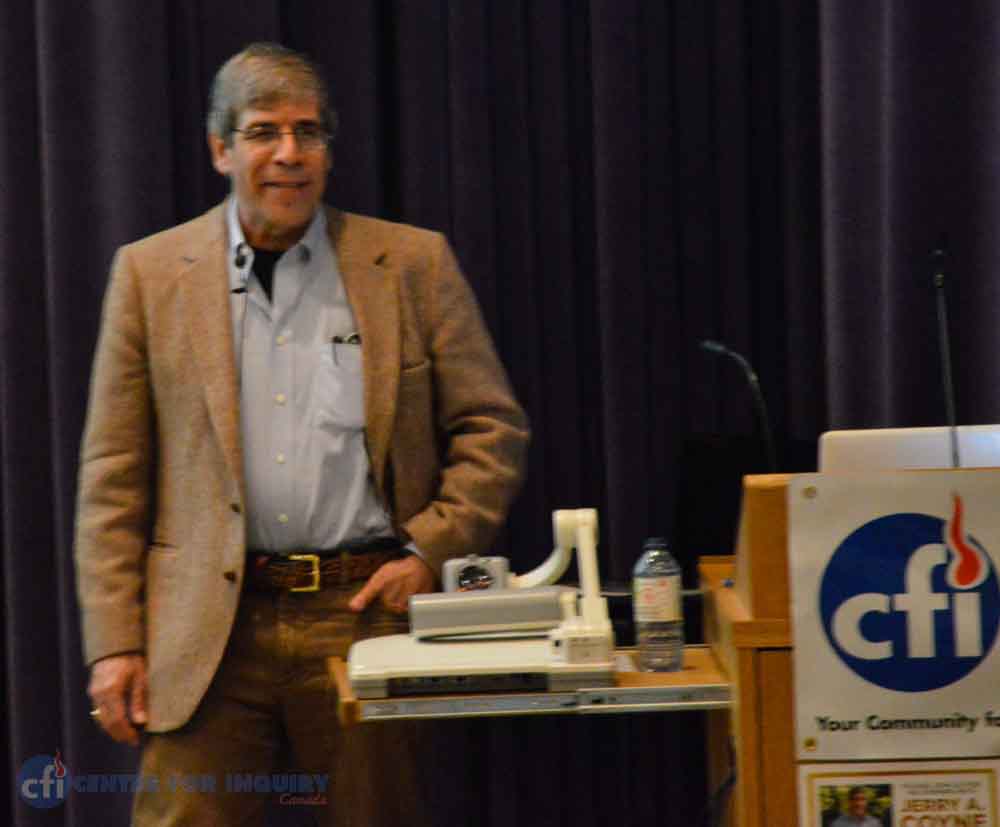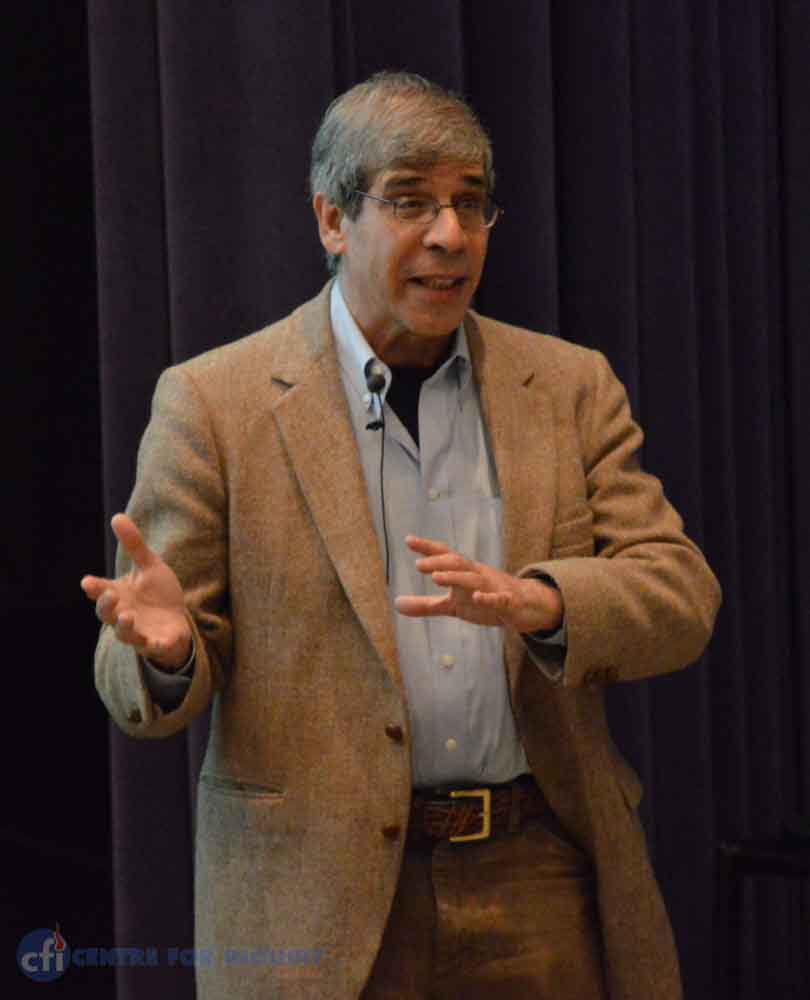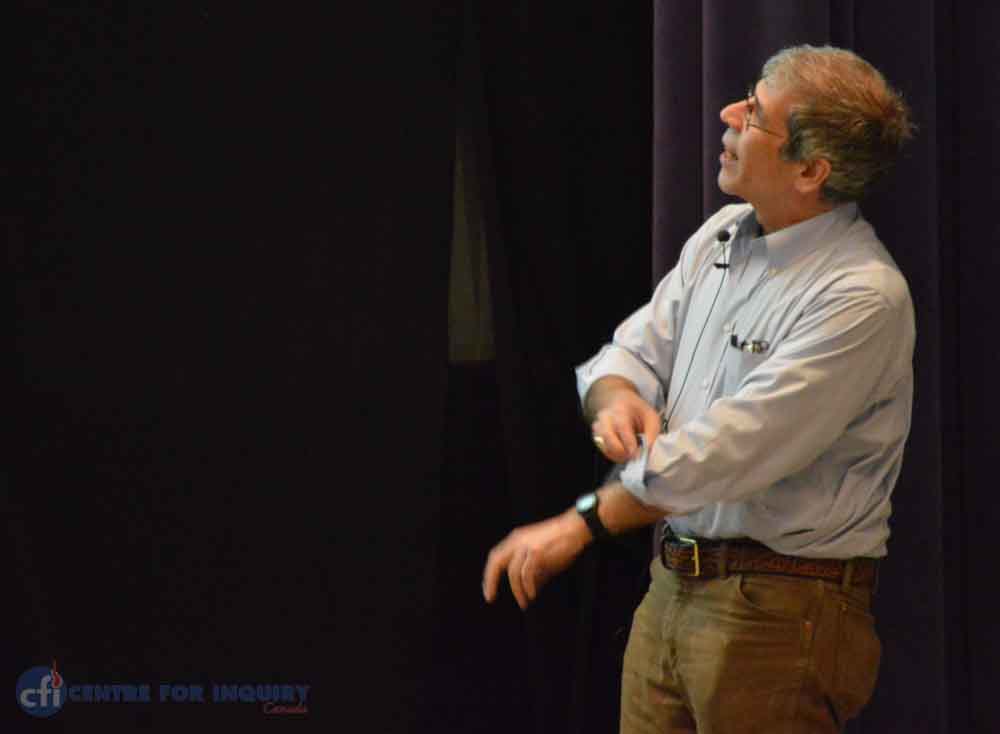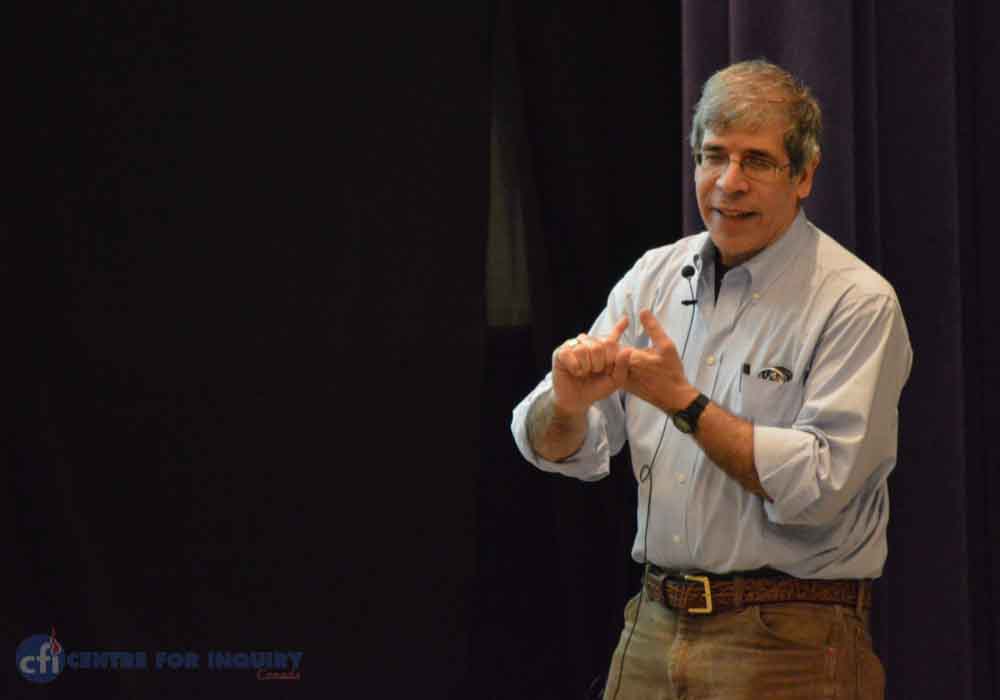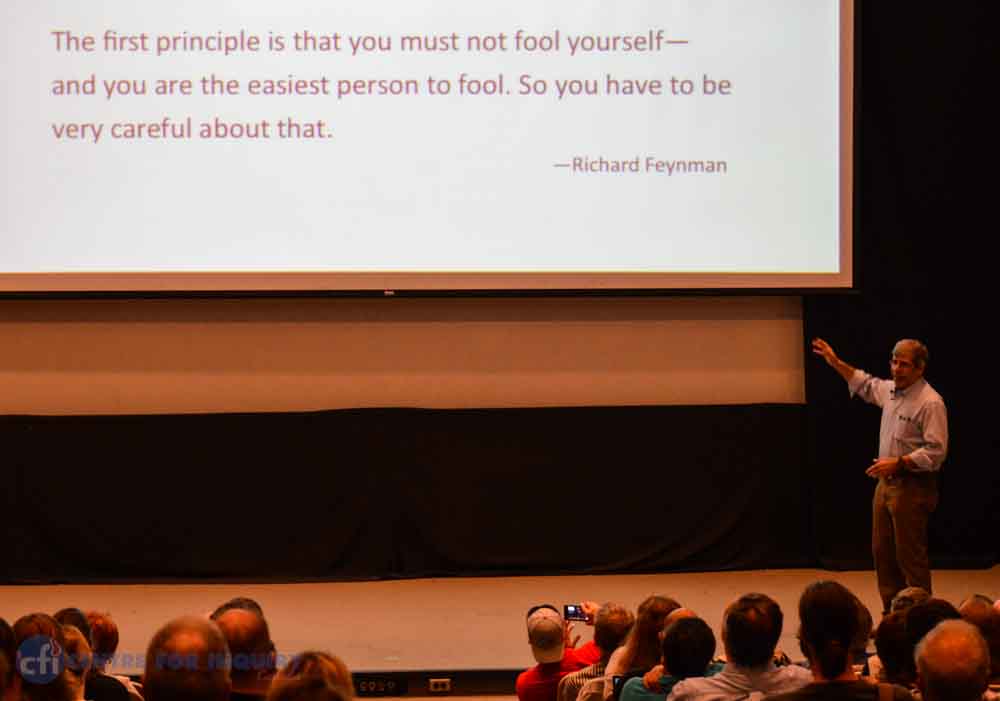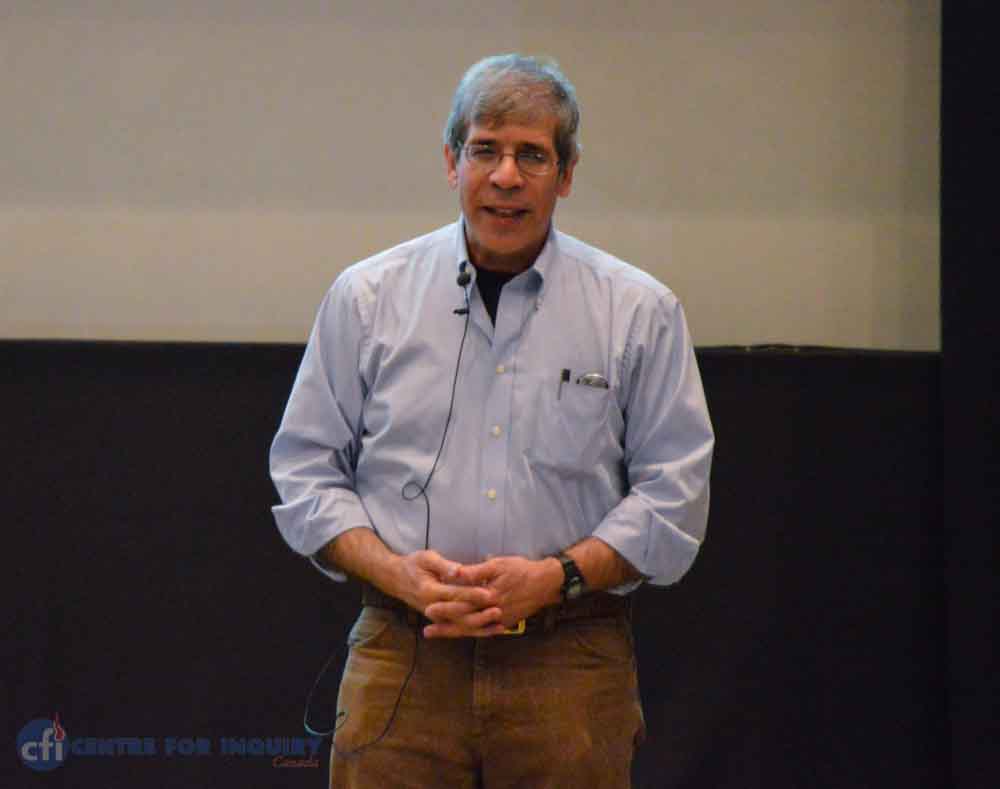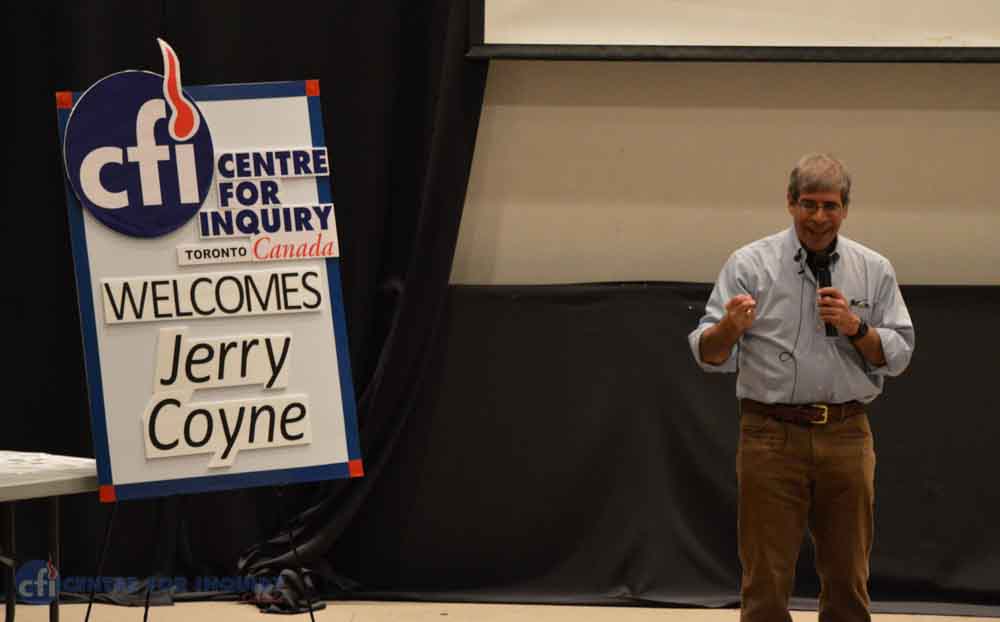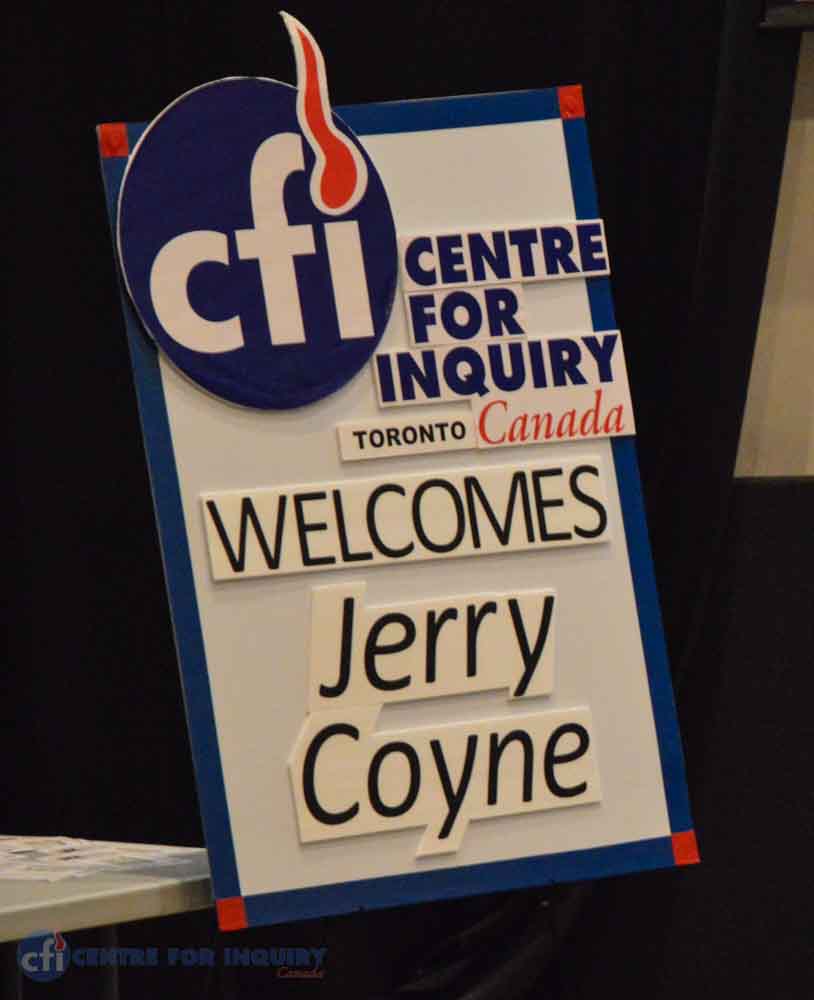Magic teaches us to be constantly be looking at the world around us with a critical eye and to always be giving a second thought to things which appear, on the surface, to be completely obvious. Rushing through a problem trying to get to the solution as quickly as possible carries the risk of missing something important; something you believed to be true without realizing it. (And because you weren't consciously aware of believing it, you never gave yourself the opportunity to question it!)
For some, this exercise will be a delightful exercise in testing and challenging assumptions. For others, it will simply be the long-awaited proof that all math and science teachers are inherently pure evil.


